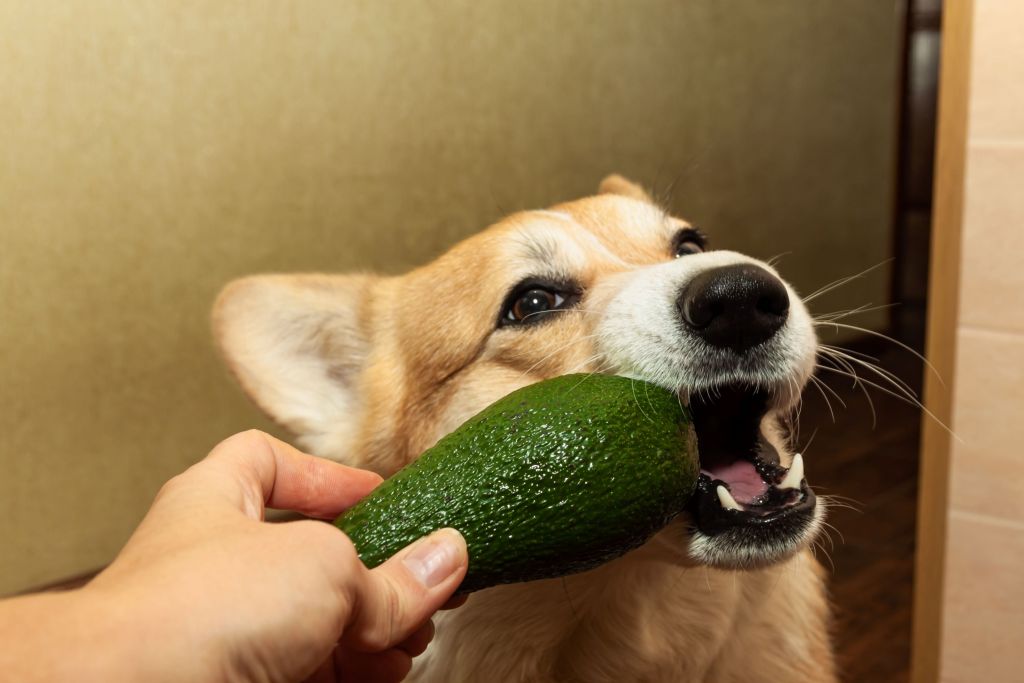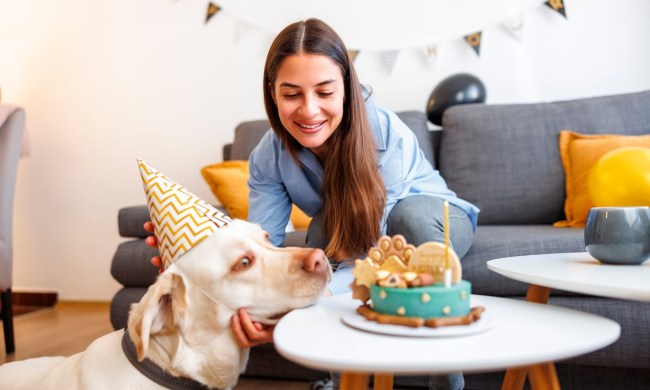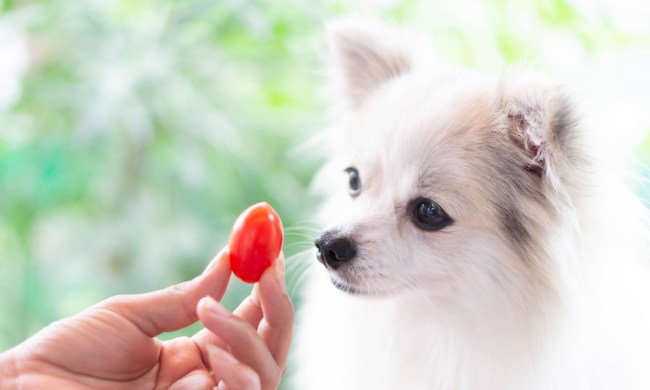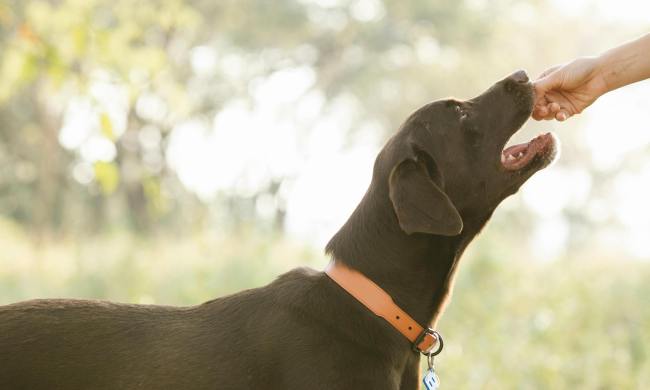
Avocados are a favored food for humans. Full of vitamins, minerals, healthy fats, fiber, and even protein, and they’ve risen to “superfood status.” Avocado toast? That’s a favorite brunch choice, apparently of Millennials (but really, of people of all ages). You may want your dog to enjoy the same benefits, including the creamy texture and so-good taste.
As humans, we often love sharing some of our beloved foods with our pets. Sometimes, these foods are just fine for a healthy dog to have in moderation. However, some foods are toxic to dogs. Where do avocados stand? Can dogs have avocados? Sadly, avocados are not a safe food for dogs. Here’s why and what to do if your dog consumes a piece (or whole) of avocado.
Can dogs have avocados?

Avoid giving your dog avocado treats. Avocados contain something called persin, which has been found in the fruit, skin, and pit. Persin could be toxic to dogs. Vets and scientists don’t know precisely how much persin a dog needs to consume for fatal consequences. However, pet parents want to adhere to the better-safe-than-sorry concept. Even in not-lethal quantities, persin can pose health risks that can leave your dog feeling sick or even warrant emergency care, including:
- Vomiting
- Diarrhea
- Myocardial damage (or a heart attack)
- Pancreatitis
- Obesity (avocados are a calorie-dense food)
- Choking hazard (if consuming the pit)
What to do if your dog eats avocado

Your dog may have already eaten a piece of avocado, and the information about potentially fatal persin consumption may make you nervous. You can’t change the past. However, you can ensure your dog remains safe and well. Keep an eye on your dog for the next 48 hours. Are they showing signs of GI discomfort, like diarrhea or vomiting? Increased lethargy and decreased appetite are also flags. Call the vet if you notice these flags, and seek emergency care if your dog’s regular doctor is not open.
Closing thoughts

You may love avocados on toast, in salads, as part of guacamole (of course), or all by itself. Avocados have tons of health benefits for humans. However, dogs should not consume avocados. Avocados contain persin, which can be toxic for dogs. We’re not sure how much persin a dog needs to consume to put their lives at risk, so you’ll want to air on the side of caution and choose a different treat for your dog. Some foods, like blueberries, are safe to give. You can also opt for traditional dog treats specifically designed for your furry friend.
If you’re an avocado lover, be sure to keep your favorite food out of reach, including the pit and skin, after you’ve disposed of them. Monitor any dog for 48 hours that has consumed avocados and call the vet if you notice GI discomfort or increased lethargy. Prompt care can put your dog on the path to recovery.



